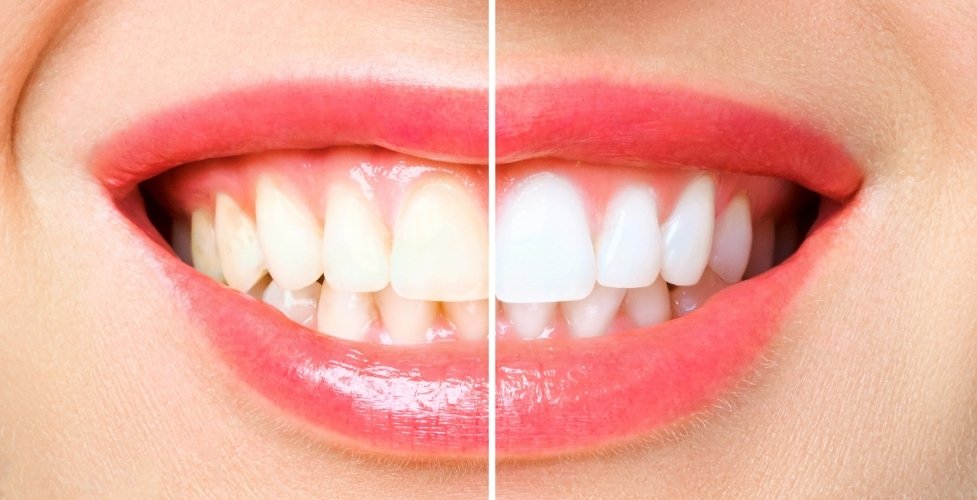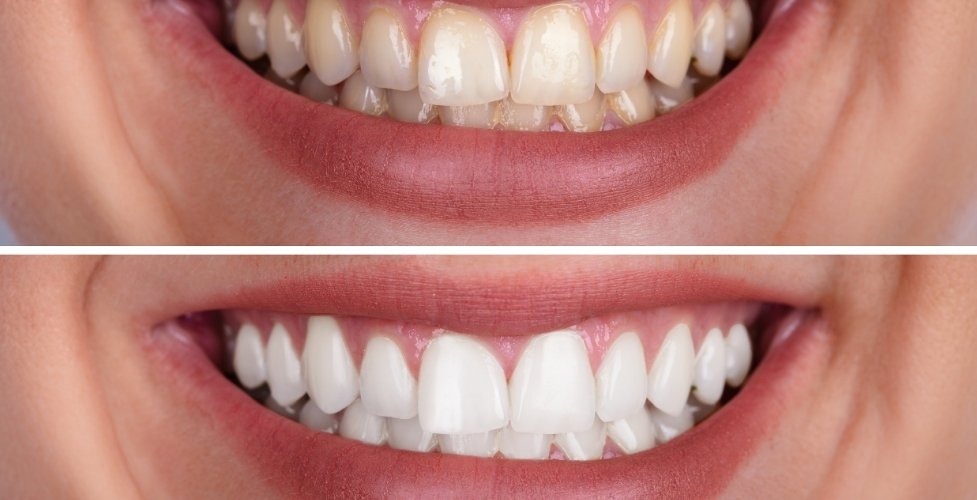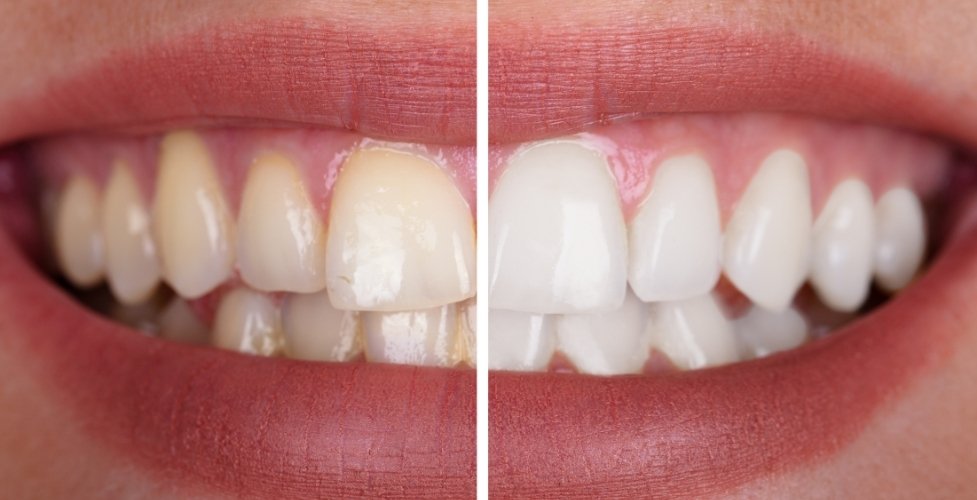3609 Jamison Way Castro Valley, CA 94546

Teeth whitening is one of the most popular cosmetic treatment options to quickly whiten your teeth. Yet, some people fear to give it a try. Their concern? That teeth whitening is painful.
Do you also have the same fear? Well, teeth whitening can be a bit sensitive at times, but painful, not so much.
Let’s explore this side of teeth whitening, and at the end of the blog, you will get your answer.
How Teeth Whitening Works?
Whitening procedures eliminate stains and discoloration due to food, beverages, smoking, and aging. Both hydrogen peroxide and carbamide peroxide are found in most whitening agents. These agents reduce the size of stain molecules and make your teeth lighter.
Two primary methods to whiten teeth:
Professional Whitening – In-office, a dentist applies more powerful whitening agents and takes protective measures for your gums.
At-Home Whitening – Comprises at-home strips, gels, and trays that contain lower amounts of whitening products.
Since these procedures of teeth whitening crack open the pores of your enamel to remove the stains, many people experience sensitivity while or even after undergoing it. But does that imply that it hurts? Let’s try to understand this.
Why Do Some People Experience Sensitivity?
Not all people who whiten their teeth feel discomfort. But for those who do, the key cause is temporary enamel dehydration. The bleaching agents seep into the enamel and come into contact with the dentin layer that has embedded small nerve endings. This can render your teeth sensitive to heat, cold, or sweets for some time.
Because of the following factors, you are more likely to experience sensitivity after a whitening session:
- Thin enamel – If your enamel is thin by nature, your teeth can be more sensitive.
- Gum recession – Visible tooth roots can make whitening more painful.
- Existing oral conditions – Cavity, crack, or ground-down teeth can heighten sensitivity.
- Excessive use of whitening products – Regular whitening can cause weakening of the enamel, making your teeth more sensitive.
The good news is that this vulnerability is typically temporary, lasting a few hours to a couple of days.
How to Minimize Sensitivity During Teeth Whitening?
If you are prone to sensitivity, you can follow these steps to ensure a comfortable experience.
- Use a desensitizing toothpaste that contains potassium nitrate or fluoride. This can help strengthen your enamel and reduce the sensitivity.
- It is better to do the whitening in a clinic. A dentist can adjust the concentration level of the whitening agent to minimize the discomfort.
- Stay away from extremely hot and cold foods just after the whitening session.
- Do not overuse the whitening product. Take breaks in between to reduce the sensitivity.
Is Teeth Whitening Painful? The Final Verdict
Teeth whitening, in general, is not painful. However, some degree of sensitivity is normal. But this is also bearable if you take necessary precautions during and after the whitening treatment. With professional treatments, you have fewer chances of discomfort than over-the-counter treatments.
Teeth whitening is a safe and effective method to whiten your discolored teeth. You might notice some sensitivity, but keep in mind that this is temporary, and you can resume your daily life very soon. Understand the procedure beforehand and protect your teeth.
Are you still unsure about teeth whitening? Schedule a session with our trusted dentist and resolve your queries today.






